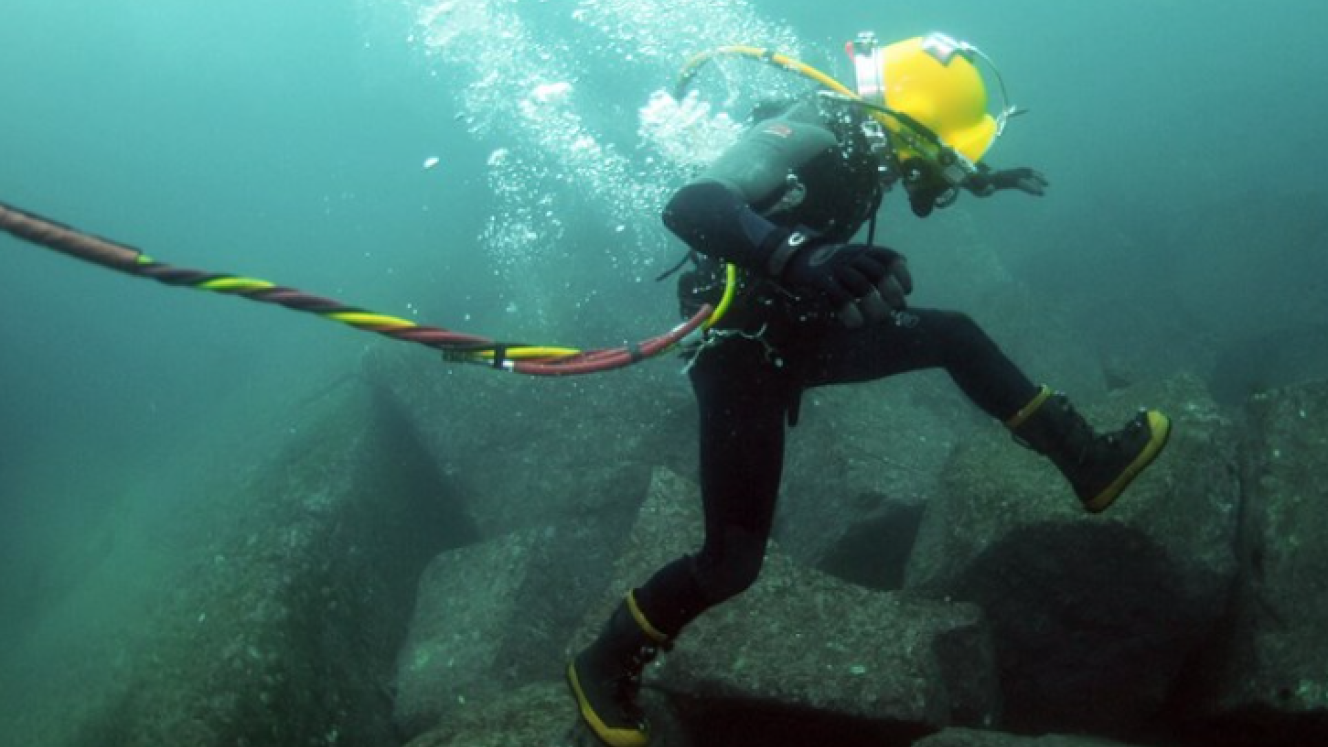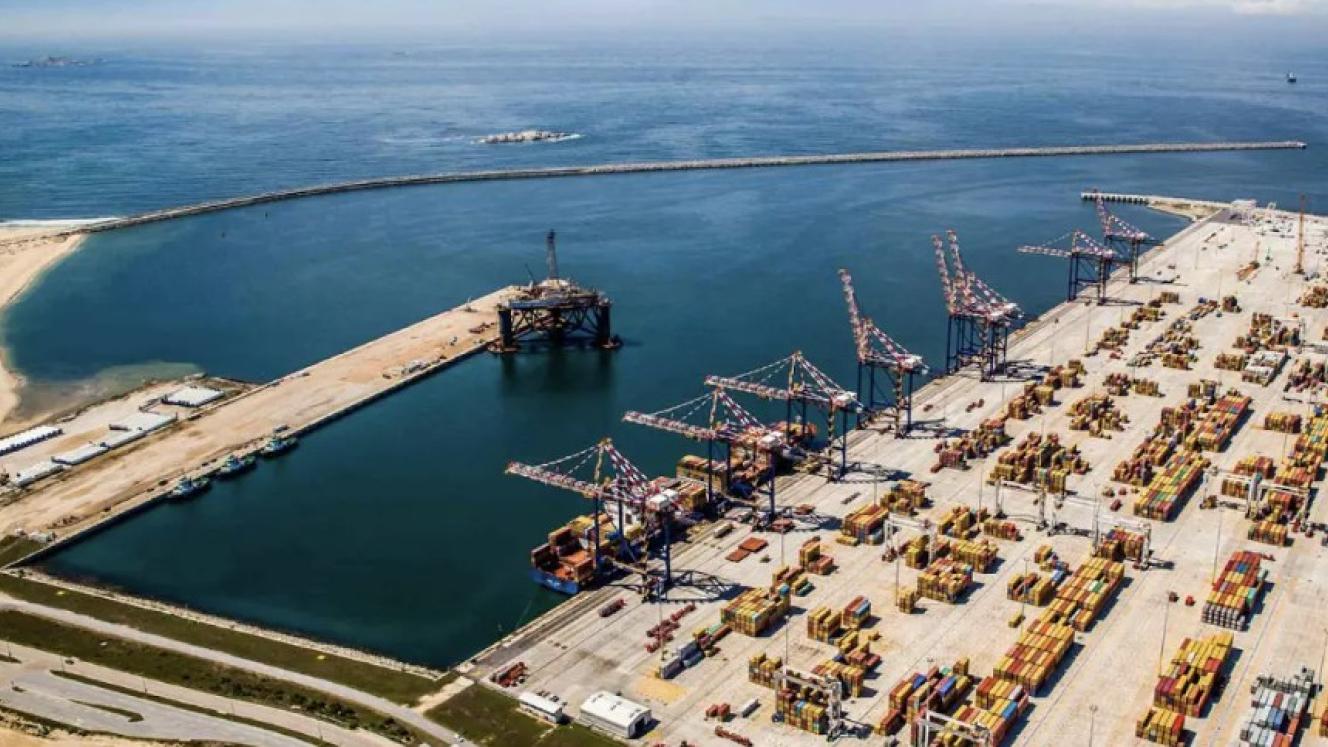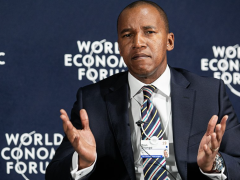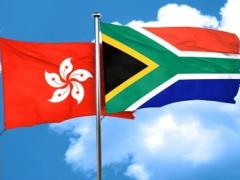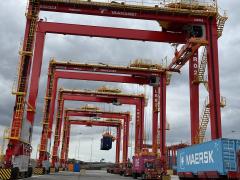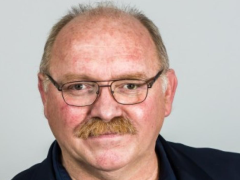All commercial diving in the ports of Durban and Richards Bay has ground to a halt and several commercial diving operations relocated from the Port of Durban because of a twin threat of unclear regulations about diving apparel and E. coli in Durban harbour.
Some ancillary services to the diving sector have been forced to declare force majeure as they grapple with the costs of inactivity, according to a Freight News source. Force majeure allows a company to fail to honour certain contracts “due to circumstances beyond its control”.
To try to resolve the matter, a meeting between the Department of Employment and Labour and the commercial diving fraternity in KwaZulu-Natal in Durban have been set down for today, June 18.
The issue of regulation changes has been hanging over the industry for some time and it has been trying to get clarity, according to the source.
Diving activity is vital for ship inspections, cleaning of propellers, and welding underwater when at berth, but has not been allowed for some months now.
“We hope to get clarity, but we suspect it will be at a further cost to us to comply. We believe that there will be changes to the frequency of renewing your diver’s permit each year - at an additional cost for starters,” said the Freight News source.
Other issues may be the diving apparel that must be worn when executing repairs. However, the companies do not believe it can be expected that diving companies operating in a commercial port must incur the cost of apparel which, in certain scopes of work, will hamper the operational ability of the diver. Durban harbour’s E. coli problem is part of the problem requiring diving suit changes.
“We have invested heavily in equipment to remain relevant on the global scale but we are being hampered by regulations that have not been communicated to us. Our investments might go some way to redeeming accreditation from the International Maritime Organization (IMO), which Transnet has lost,” the industry says.
In a statement on the official government news site last week, occupation health and hygiene practitioner Jabulile Mhlophe was quoted as telling a similar workshop in Gqeberha about the process of licence registration for commercial diving contractors, organisations, commercial diving schools, as well as individual divers. It dwelled significantly on adhering to Occupational Health and Safety standards set out by the International Labour Organization (ILO).
